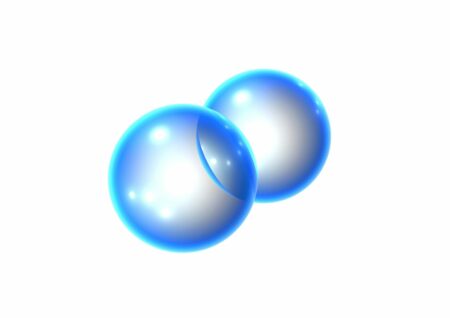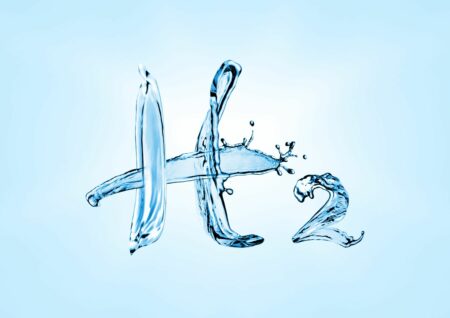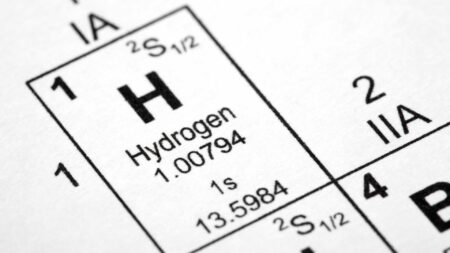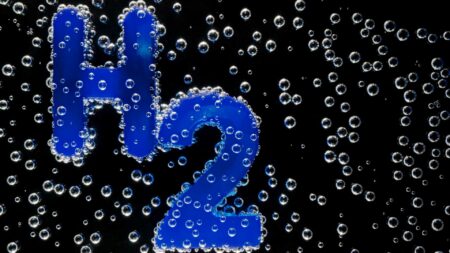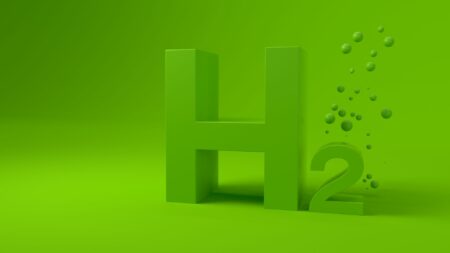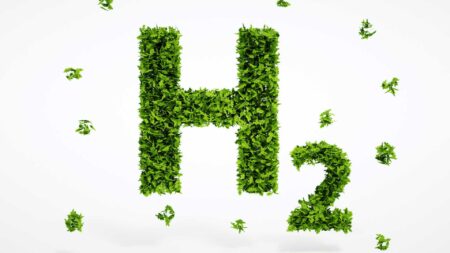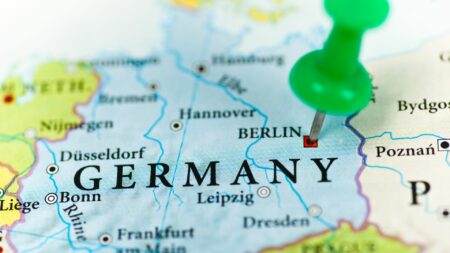Natural hydrogen, also known as white hydrogen, is extracted directly from the Earth’s subsurface layers without the need for complex and costly conversion processes.
Browsing: Report
The concept of developing electrolysers capable of producing hydrogen directly from unpurified seawater has garnered significant attention.
The German federal government has unveiled a comprehensive strategy to import hydrogen, essential for the country’s transition to a climate-friendly economy.
While not a standalone solution to the global energy transition, natural hydrogen production is one of several low-carbon hydrogen routes that support ongoing climate goals.
The transition to a climate-neutral Europe requires significant amounts of hydrogen, especially for sectors where direct electrification isn’t feasible, such as long-haul aviation and heavy industry.
The world is entering a critical period where energy systems are set to undergo significant transformations. Emerging technologies are facilitating the adoption of green hydrogen, a key component in achieving decarbonization targets.
Germany’s gas Transmission System Operators (TSOs) have submitted an application for a national hydrogen core network, spanning 9,666km and costing an estimated €19.7 billion ($21.4 billion).
The Dutch hydrogen market has exhibited notable growth in supply and demand between October 2023 and April 2024, according to ICIS, a global commodity intelligence source.
Recent research by the Institute of Chemical Technology (ITQ-CSIC-UPV) and the Institute of Information and Communication Technologies (ITACA) has developed materials aimed at enhancing hydrogen production from water using microwave radiation.
Germany aims to achieve climate neutrality by 2045, with hydrogen playing a pivotal role. The federal government plans to import a significant portion of this hydrogen.


